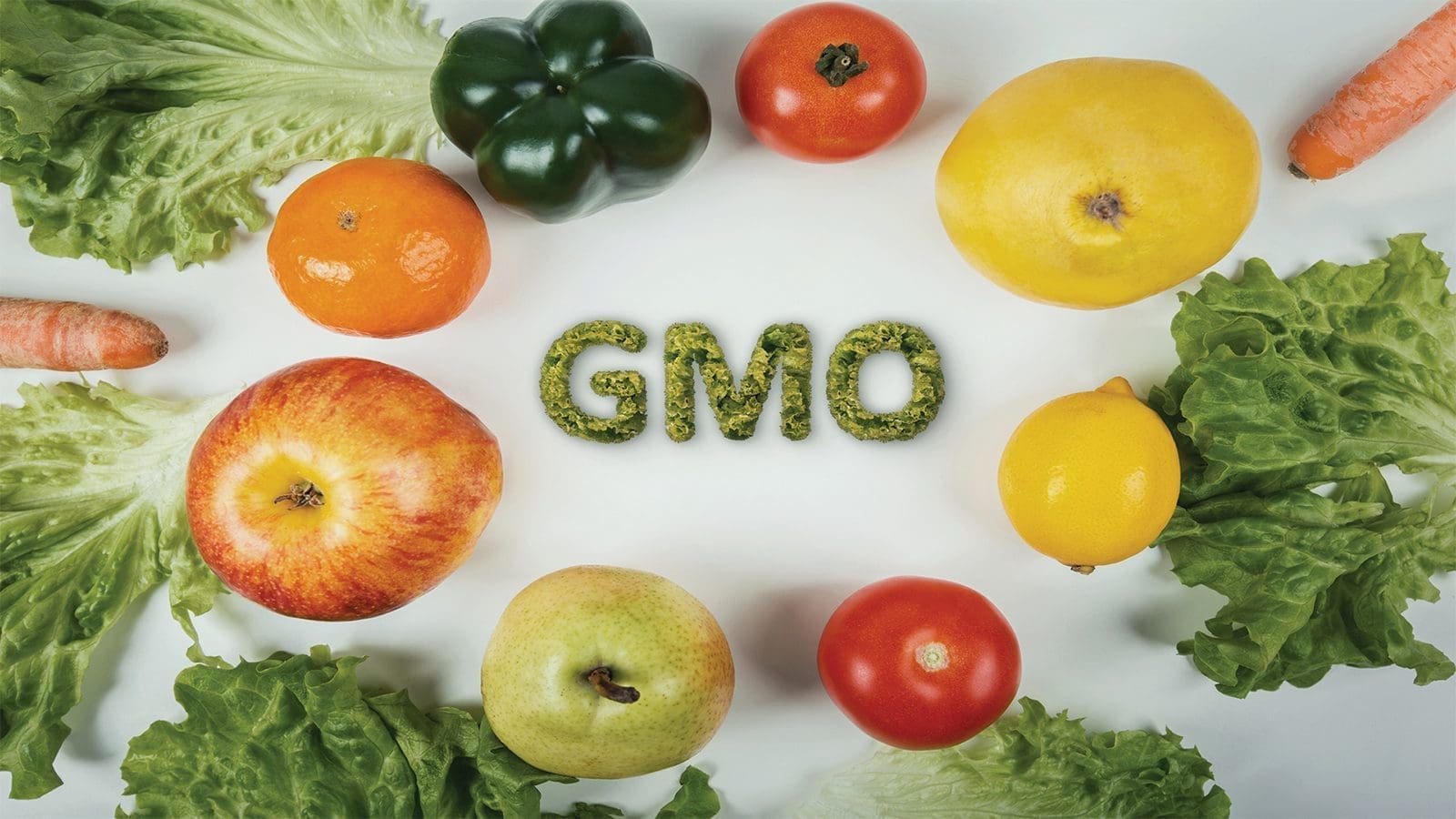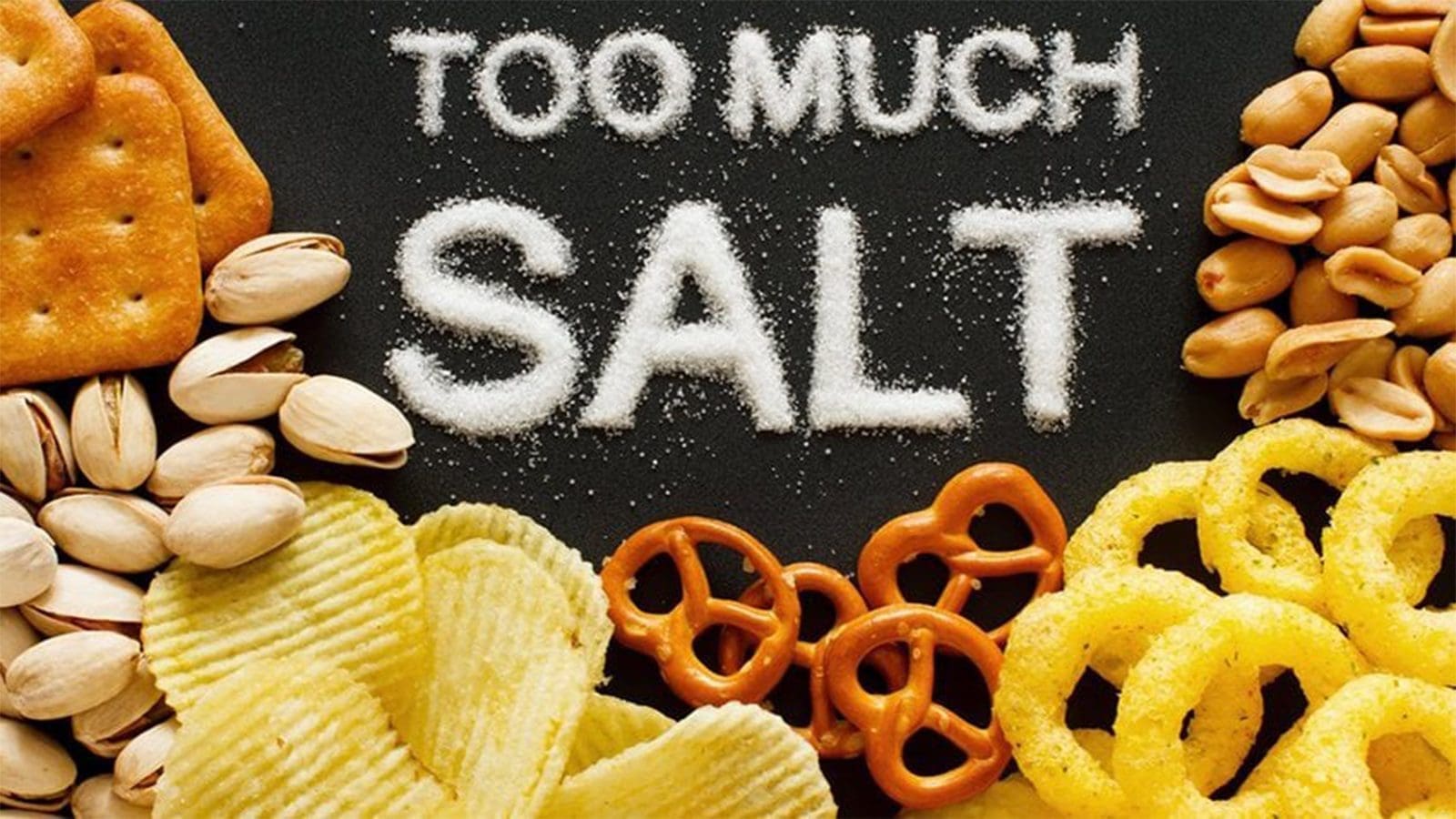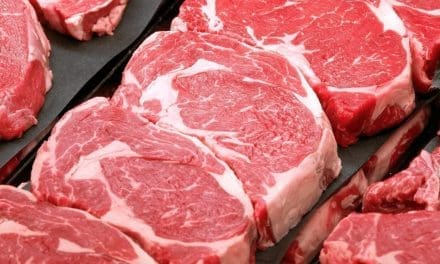KENYA – Scientists from the Network of African Science Academies (NSAC) and Kenya National Academy of Sciences (KNAS) have called for the adoption of GM Foods across Africa as a way of boosting food security in the continent.
The calls come at a time when the continent is facing an acute food security crisis caused by frequent droughts that lead to crop failures and massive starvation in various regions in the continent.
At least one in five Africans goes to bed hungry and an estimated 140 million people in Africa face acute food insecurity, according to the 2022 Global Report on Food Crises 2022 Mid-Year Update.
Speaking during the Kenya National Academy of Sciences (KNAS) Annual Meeting held in Nairobi, the Scientists noted that it was time for Africa to embrace and tap into the huge potential of modern agricultural biotechnology to improve productivity.
Unlike conventional crops, GM crops fair better in an unpredictable weather environment and have the added advantages of productivity, biodiversity conservation, and environmental safety.
The scientists at the event assured that GMOs undergo a stringent safety assessment before approval under national and international scientific protocols and are therefore safe for human consumption.
Food from GMOs is digested in the body the same as food from non-GM crops,” KNAS Honorary secretary Prof.Ratemo Michieka said adding that biotech crops contribute to food security, sustainability, and climate change solutions.
Speaking at the event, NASAC’s President Prof. Norbert Hounkonnou, urged leaders across the continent to adopt biotechnology to save the more than 100 million people in Africa who were facing acute food insecurity due to drought.
“The Science Academies in Africa recommend adoption and commercialization of approved crops as one of the sustainable options in addressing food insecurity and providing livelihoods of the population,” said Hounkonnou.
The endorsement by the leading scientists from Africa is a big boost to Kenya which recently lifted a 10-year ban on the importation and cultivation of genetically modified (GM) foods.
The scientists noted that countries in Africa, Kenya included have competent national biosafety agencies that ensure stringent assessment of the safety of GM foods before approval for domestication and consumption.
“The move to embrace GM technology will not only benefit Kenya but the whole of Africa where more than 100 million people are facing acute food insecurity due to drought,” Prof Norbet Hounkonnou, the NASAC’s President added.
For all the latest food safety news from Africa and the World, subscribe to our NEWSLETTER, follow us on Twitter and LinkedIn, like us on Facebook and subscribe to our YouTube channel.








